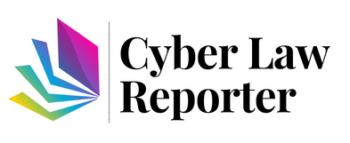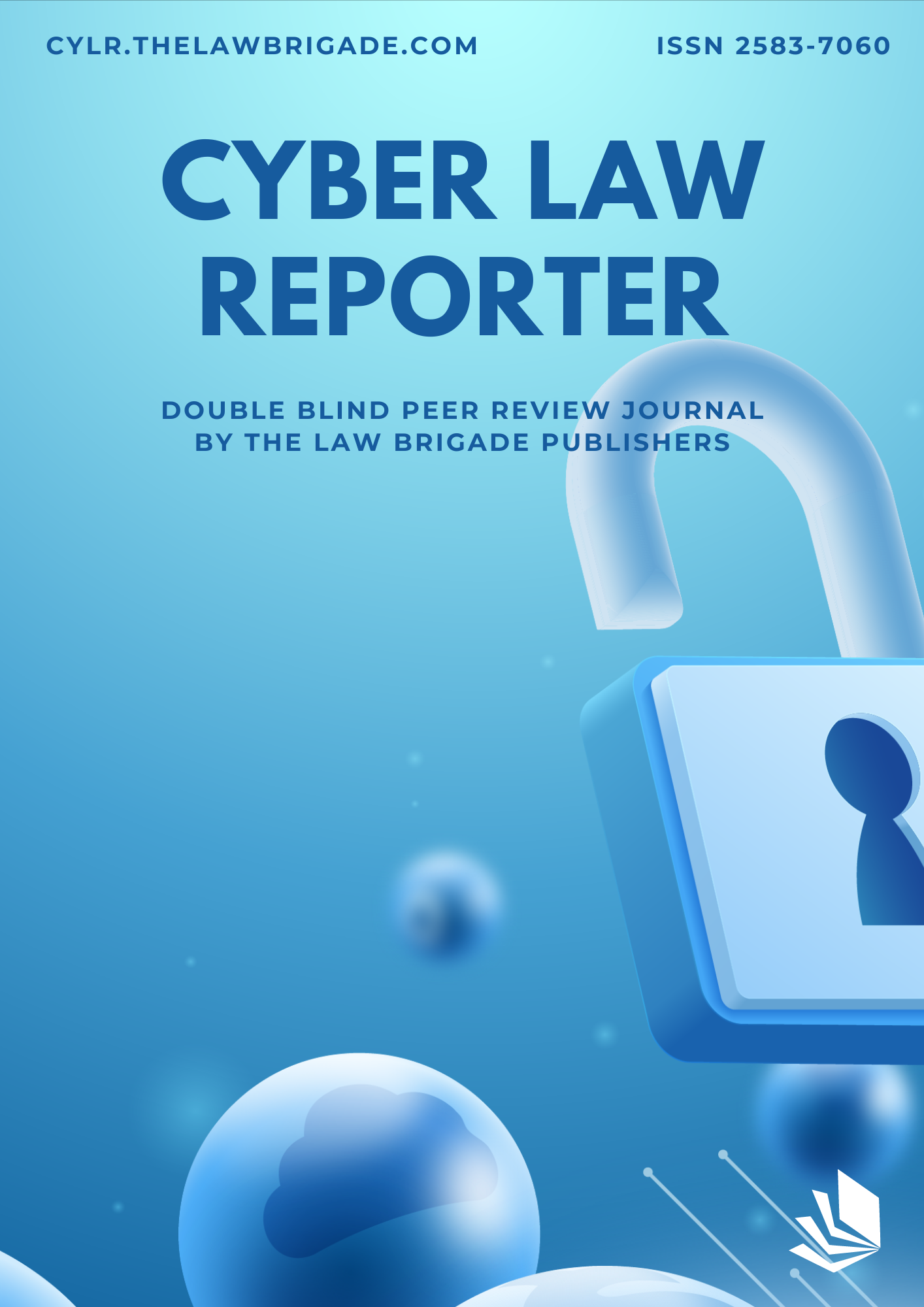Obligations of Editors of our Academic & Scientific Journals
- An editor should give unbiased consideration to all manuscripts offered for publication, judging each on its merits without regard to race, gender, religious belief, ethnic origin, citizenship, or political philosophy of the author(s).
- An editor should process manuscripts promptly.
- The editor has complete responsibility and authority to accept a submitted paper for publication or to reject it. The editor may confer with associate editors or reviewers for an evaluation to use in making this decision.
- The editor and the editorial staff should not disclose any information about a manuscript under consideration to anyone other than reviewers and potential reviewers. Reviews and reviewer identity can be shared with other Editors of The Law Brigade Journals if the author consents to have the paper transferred. It is contrary to our policy for Editors to release reviews or reviewers’ identity to Editors of journals from other publishers.
- An editor should respect the intellectual independence of authors.
- Editorial responsibility and authority for any manuscript authored by an editor and submitted to the editor’s journal should be delegated to some other qualified person, such as another editor or an associate editor of that journal. Editors should avoid situations of real or perceived conflicts of interest. If an editor chooses to participate in an ongoing debate within his journal, the editor should arrange for some other qualified person to take editorial responsibility.
- Editors should avoid situations of real or perceived conflicts of interest. Such conflicts include, but are not limited to, handling papers from present and former students, from colleagues with whom the editor has recently collaborated, and from those in the same institution.
- Unpublished information, arguments, or interpretations disclosed in a submitted manuscript should not be used in an editor’s own research except with the consent of the author.
- If an editor is presented with convincing evidence that the main substance or conclusions of a paper published in an editor’s journal are erroneous, the editor should facilitate publication of an appropriate paper pointing out the error and, if possible, correcting it.





